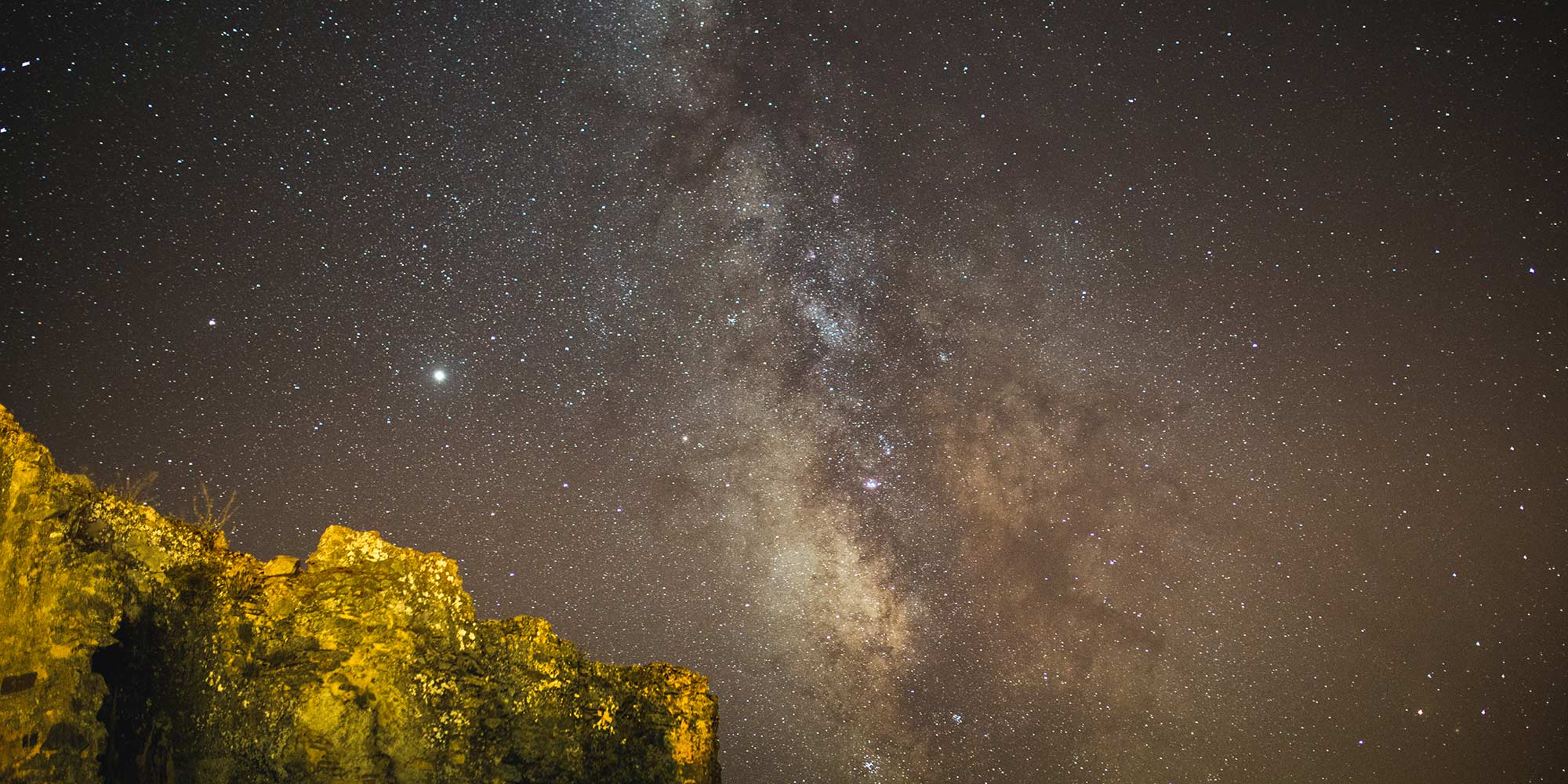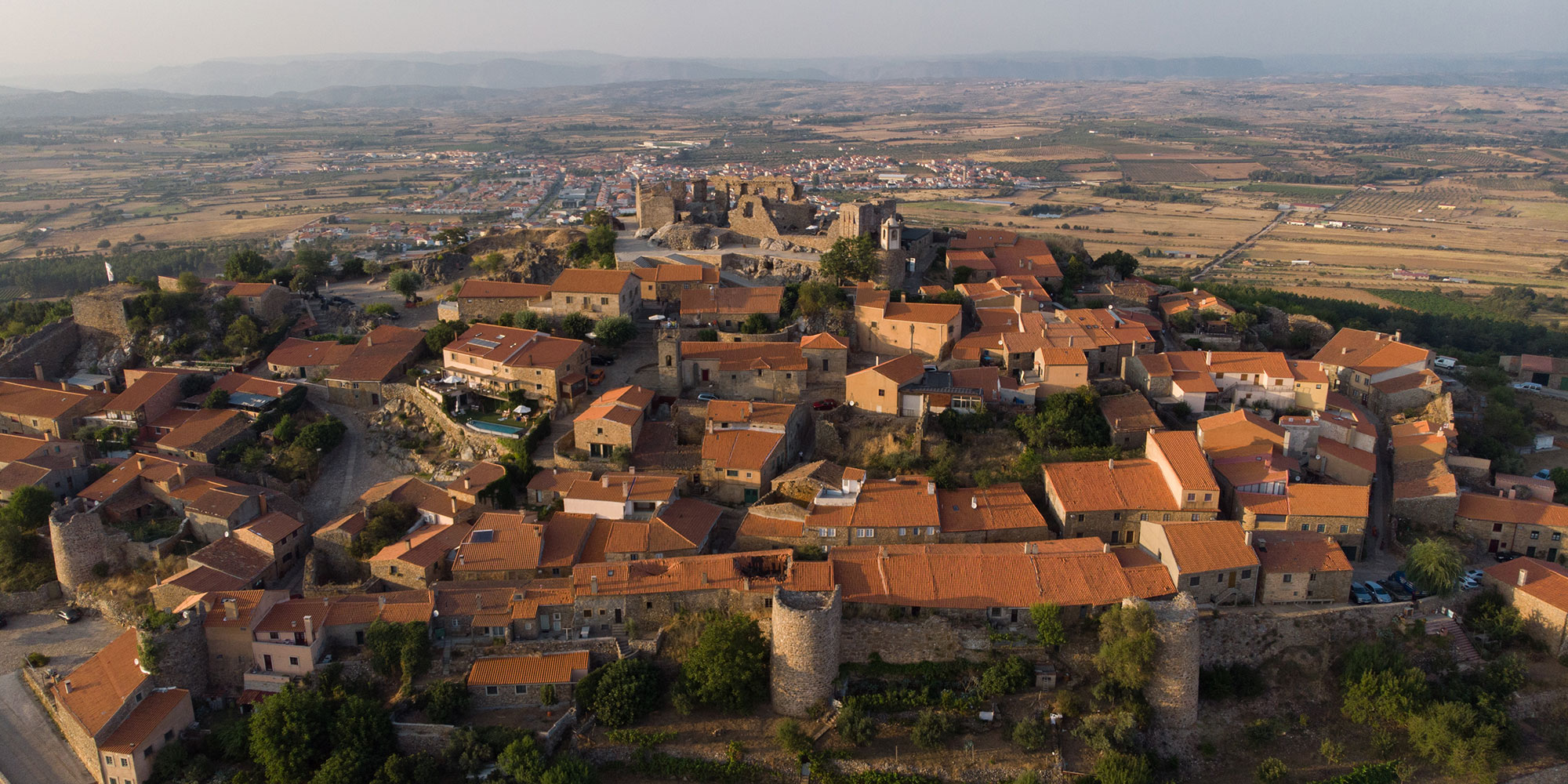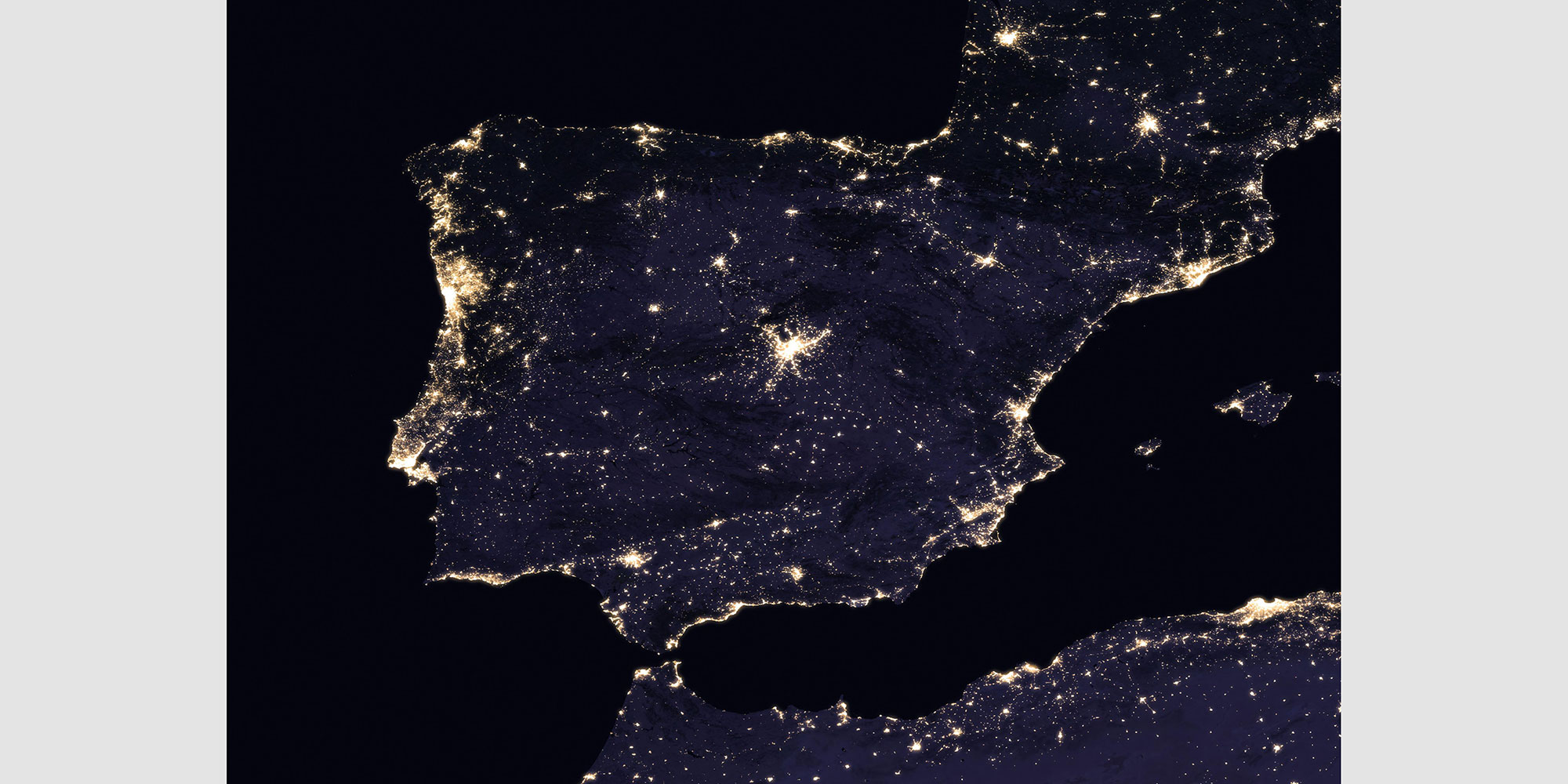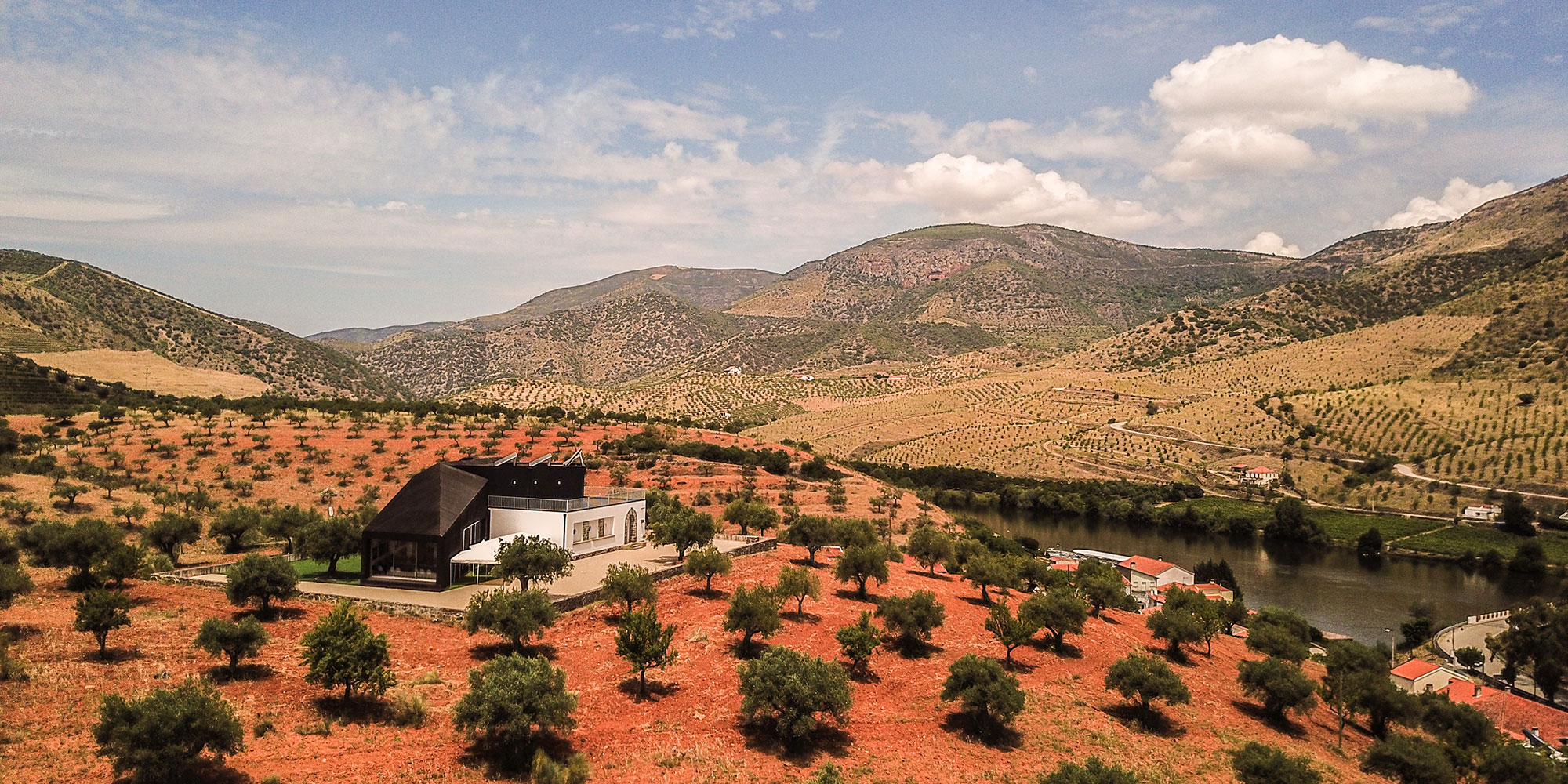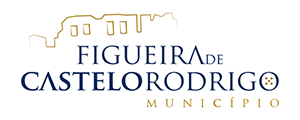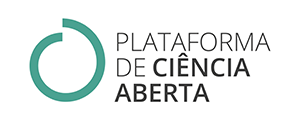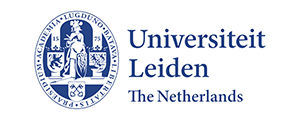Open Science Hub – Portugal (OSHub-PT; Plataforma de Ciência Aberta) is a social innovation project that brings together science, technology and innovation with the daily life of local and regional communities, supporting schools and societal actors in tackling local relevant challenges. It is a project of the Municipality of Figueira de Castelo Rodrigo, in collaboration with Leiden University; located in a rural, low density territory in northeast of Portugal, near the border between Portugal and Spain. It integrates the EU-funded OSHub Network.
The Night Sky: Unveiling What Only the Dark Reveals
The night sky darkness of interior of Portugal is among the gems of the region, but this pristine sky is slowly being threatened by light pollution. In this Garden, we invite you to participate in a sensory exploration of the night sky at the historical village of Castelo Rodrigo: one of the Seven Wonders of Portugal.
Four capsules and four experiences. Four entry points to the invaluable richness of Portugal’s night sky.
Perceiving the Night Sky I: Guided Tour of the Sky by An Astronomer
To observe the night sky is to acknowledge infinitude, a concept hard to grasp and impossible to see. What would reveal the healthiest eye in the darkest sky, and how does light pollution influence our perception of the night sky?
The Ethnography of Dark Skies | Storytelling by Local Inhabitants
The dark sky has always been a source of inspiration for humans. But darkness also triggers innate fears by exposing our discomfort towards the unknown. How is the dark sky represented in the memory of the local people?
Re-tuning our Perception of the World | Craft Beer Blind Tasting
We are visual animals, and our perception of the world under-represents the plethora of sensations that reach us from other sensorial streams. Darkness is an opportunity to re-tune our perception. What is the world like when the other senses take the lead?
Sensing the Night | Observation of Nocturnal Wildlife
Nocturnal animals have evolved an array of adapted senses that allow them to move, mate and hunt in the darkness that surrounds them. Owls have big eyes, bats use ultrasonic sounds for echolocation, snakes have heat sensory receptors. And tonight: what will we find?
Video
Project Credits / Acknowledgements
Plataforma de Ciência Aberta, Municipality of Figueira de Castelo Rodrigo – University of Leiden. João Retrê, Institute of Astrophysics and Space Sciences. Rewilding Portugal. Associação Transumância e Natureza. Cantinho Café – Castelo Rodrigo
This project is included within the framework of OSHub that has received funding from the European Union’s Horizon 2020 Framework Programme for Research and Innovation under grant agreement No. 824581
